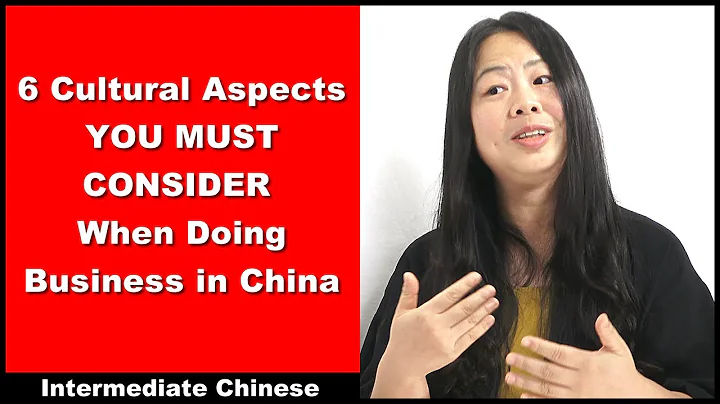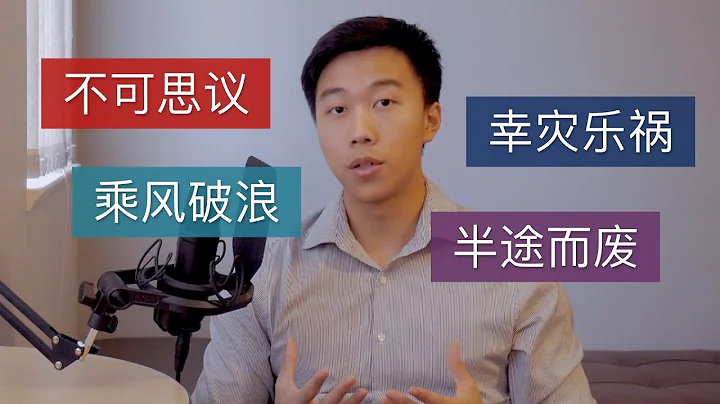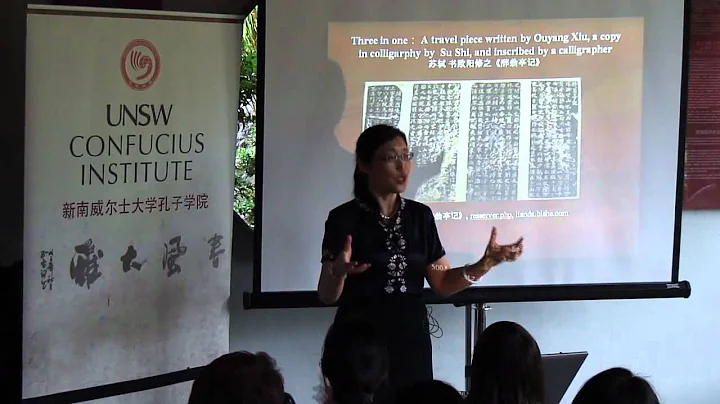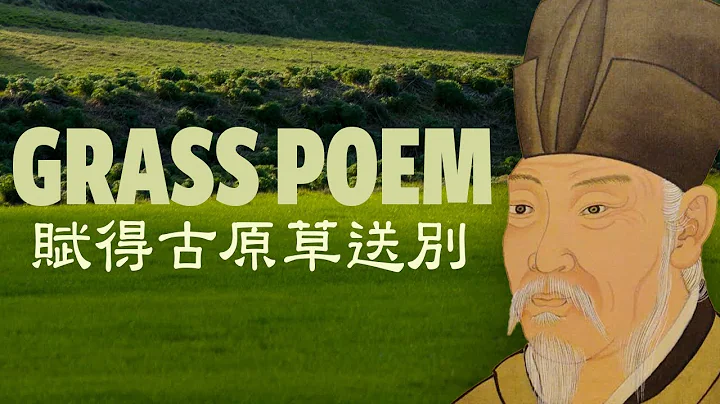Idioms are a major feature of traditional Chinese culture , and there is often an intriguing story or allusion behind them. And these idioms are not necessarily created by the ancients after careful consideration. Sometimes they are invented and created by chance. For example, a concubine of Emperor Jing of the Han Dynasty came to have her period, and officials of the Han Dynasty created an idiom. So what’s so special about this period? Mr. Boshi is here to introduce it to you today.
The life experience of Emperor Jing of Han
Emperor Jing of Han Liu Qi ranked in the middle among the sons of Emperor Wen Liu Heng. When Liu Heng was the king, the queen gave birth to four sons for him. But by the time Liu Heng ascended the throne and proclaimed himself emperor, Queen Dai had already passed away. Soon after, the four sons born to Queen Dai also died of illness. As for whether there is something fishy in this, it is unknown. Among Liu Heng’s remaining sons, Liu Qi is the oldest. So on the advice of the ministers, Liu Qi was made the prince, and his mother Dou Yifang was also made the queen.

Emperor Wen of Han Dynasty once developed carbuncle on his body, which was red, swollen and pus-producing, and his body was extremely itchy. Although the imperial doctor prescribed medicine, it had little effect. The favored minister Deng Tong was afraid that Emperor Wen of Han would lose his support after his death, so he sucked out the pus and blood from Emperor Wen of Han's body with his mouth regardless of his nausea. Emperor Wen of the Han Dynasty was very moved. He asked Deng Tong: "Who is the closest person in the world?" Deng Tong said: "The closest person in the world is the relationship between father and son. After all, blood is thicker than water!" Decided to give it a try. When Prince Liu Qi came to visit him, Emperor Wen asked him to suck pus and blood. Liu Qi was very surprised, but in order to give his father face, he still did it. But when he really saw the pus and blood in the suppurating place, he couldn't help but vomited out in disgust. Emperor Wen of the Han Dynasty was very sad and said to Deng Tong: "You can't talk about flesh and blood relatives, but he is not as good as you."

The words reached Liu Qi's ears, which made him feel very ashamed. At the same time, he was also worried about whether he could secure his position as prince. Fortunately, Emperor Wen had no plans to replace the crown prince, and Liu Qi successfully succeeded to the throne. Deng Tong, who made him look ugly, was deprived of all his property and left to starve to death on the streets. After Liu Qizai became emperor, he had several concubines. The most beloved among them is Cheng Ji .
The birth of Cheng Ji’s illness
Once, Liu Qi called Cheng Ji to meet her, and it happened to be that she was having her period. According to the regulations of the Han Dynasty, concubines who are menstruating need to put cinnabar on their heads to indicate the situation. Cheng Ji didn't want to ruin Emperor Jing's interest, but she couldn't attend his bed, so she dressed up the palace maid Tang'er as her to serve Emperor Han Jing. Emperor Jing of the Han Dynasty was drunk at the time and did not know the inside story, so he slept with Tang Er. Only later did he find out that the person who slept with him last night was a palace maid.

What Emperor Jing of the Han Dynasty did not expect was that he would hit the target while drunk, making Tang Er pregnant. Ten months later, the child was born, and Emperor Jing of the Han Dynasty named him " Liu Fa". Due to the low status of his biological mother, Liu Fa was not favored and was later sealed in Changsha Kingdom, a low-humid and poverty-stricken place.

Once, Liu Fa danced to celebrate the birthday of Emperor Jing of the Han Dynasty, "but Zhang Xiu was small and raised his hand." Everyone present laughed at his clumsiness. Emperor Jing of the Han Dynasty was also surprised and asked him what was going on. Liu Fa said: "I am a small country. It's too narrow to maneuver." Only then did Emperor Jing of the Han Dynasty realize that Liu Fa was dissatisfied with the small size of his fiefdom. So Emperor Jing of the Han Dynasty placed Wuling County , Lingling County and Guiyang County under the Changsha Kingdom. This Changsha King Liu Fa, who even his biological father looked down upon, had an amazing descendant. He was Emperor Guangwu who continued the Han Dynasty for another 195 years Liu Xiu.

If Cheng Ji hadn’t had her menstrual period, it would have been impossible for Tang Er to attend her bed. In that case, there would not have been Liu Fa, the king of Changsha, nor Liu Xiu, the later Emperor Guangwu. Therefore, Cheng Ji’s menstrual period affected Chinese history. But the ancients were very taboo about women's menstrual cramps, so they named it "Cheng Ji's Disease", and it has been passed down as an idiom to this day.





















